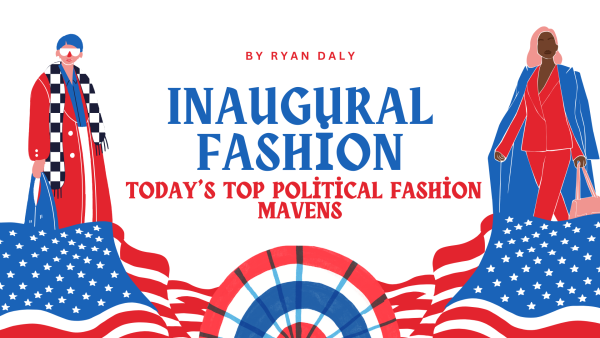The Controversy Surrounding Dahmer and True Crime Docs
Photo by Jacob Gabel
Sit back and enjoy some hot takes on your favorite films, books, music, concerts, and television series from our team at the Red & Black!
In late September of this year, Netflix released a docuseries titled Monster: The Jeffrey Dahmer Story. It became very popular almost immediately and was trending on just about every social media. Lovers of true crime were ecstatic about this, excited to gain more insight into the horrors of Dahmer’s crimes. This was in stark contrast to the backlash the show also received.
The main criticisms of Dahmer were regarding the families of the victims. Netflix did not reach out to any of these families to ask for their permission nor their input about the show being made. While this isn’t technically illegal because all the information is public information, many believe this was morally and ethically wrong. Not only were the families not consulted, but they were also not given any royalties from the profit the show made. The families were exploited by the show with no compensation or reference to the fact that many “characters” in the show are still alive and still trying to process these events. The release of Dahmer caused further traumatization of the families by rehashing the cruelty that they were forced to endure and preventing them from fully moving on.
Another criticism of the series is that it promotes the fetishization and sexualization of serial killers. This is not the first instance of an attractive actor being cast as an atrocious human being. Fan-favorites are being cast in these roles to draw attention to these documentary-esq projects. This is damaging to not only the victims’ families, but society in general. After Zac Efron played Ted Bundy in Netflix’s Extremely Wicked, Shockingly Evil and Vile there was an influx of young girls confessing their attraction to the heinous murderer. This is made worse in the case of Evan Peters because he is already known for playing psychopaths that are still beloved by fans in American Horror Story.
There are also criticisms about the inaccuracies in the series. Obviously, some things are embellished or overexaggerated to keep viewers entertained in shows of this nature, but Dahmer does this to an unreasonable extent. For example, the show depicts Dahmer having somewhat of an actual relationship with a man by the name of Tony Hughes, but it is unclear how accurate this portrayal is. Either way it was used to humanize Dahmer and attempt to make viewers sympathize with him.
Overall, this is another example in the debate of whether true crime documentaries should be made or not. If you do decide to watch the show in order to learn more about this nefarious serial killer, ensure you do so respectfully and without idolizing him because he is being played by a well-loved actor.






